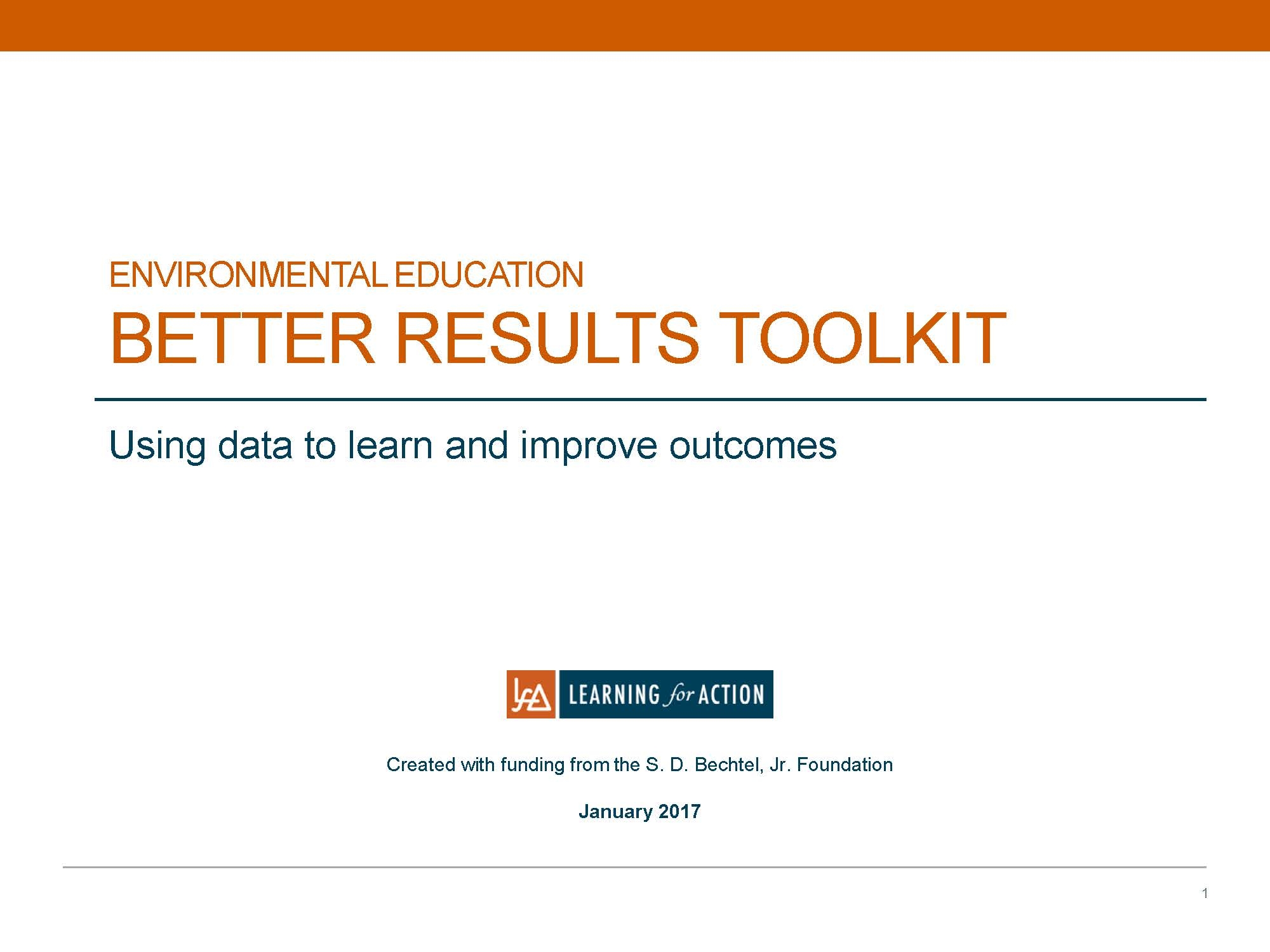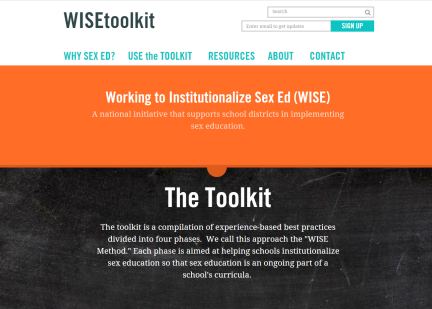The Data Matters Framework outlines a set of critical components that schools must have in place to meaningfully engage in data reflection and learning. These are the building blocks for data use in schools - the capacities and structures that educators need to effectively use data to advance learning and practice. LFA developed the framework through our work with Marin Community Foundation’s Early School Success grant.
We offer this framework as a tool that educators can use to strengthen their data use practices. We also offer this as a tool for evaluators who are working with schools and looking for language that can support discussions with clients by illuminating what we mean - specifically and on the ground - when we talk about data use. Download the framework by clicking on the black box to the right. Learn more about this tool on our blog post here.
LFA has developed a distilled, simplified framework for collaborative performance that is customizable, enables self-diagnosis, and creates a roadmap for identifying and making the changes needed to support strong performance. We offer a one-page framework: while complexity is inherent in collaboration and must be respected, it is also important to make collaboration as simple as possible by distilling collaboration to a few simple, core principles to help make performance monitoring more manageable. Download the Matrix. Learn more about this tool and how to use it by reading our blog post here.
In designing an implementation evaluation for the Hawaiʻi Community Foundation’s middle school program, Connecting for Success (CFS), LFA looked to ideas from the school reform literature to build out the concept of strategic coherence, a concept that captures a particularly important aspect of implementation (one that our evaluation found to be among the most meaningful factors relating to the program’s success): School reforms are strategically coherent when they are logically consistent with other initiatives or programs, and with existing practices. When reforms cohere, the various policies and practices build on, complement, and reinforce one another; without coherence, the various policies and practices contradict one another and contribute to the fractured time and attention of school staff. Separate efforts may be based on conflicting strategies, and contradictory demands may be made of staff.
For those in the field who might want to explore the concept of strategic coherence as a critical aspect of high-quality program implementation, we offer a rubric that outlines the three dimensions of strategic coherence as well as a tool that includes items to measure these dimensions. Download the Rubric and Tool. Learn more about strategic coherence in our blog post here.
LFA has developed a series of considerations – summarized in checklist format – as one tool to help us, and our partners, incorporate an equity lens into evaluation work. The checklists (1) Encourage us to be intentional and proactive about authentically representing multiple perspectives, and (2) Pose critical questions designed to challenge our biases and illuminate where we can be more inclusive and culturally responsive. The checklist series is organized into eight parts, which align to critical junctures in the evaluation process. Download the Checklist Overview, as well the eight individual checklists: Project Design, Evaluation Project Launch, Evaluation Plan & Timeline Development, Evaluation Project Mid-Point Check-In, Theory of Change & Logic Model Development, Instrument Development & Data Collection, Data Interpretation & Analysis, Reporting & Presenting Findings.
LFA and the Center for Venture Philanthropy developed this benchmarking tool to help organizational leaders and staff assess and reflect on their practices relative to standards of excellence in environmental education. Download the Tool
With support from the S. D. Bechtel, Jr. Foundation, LFA developed the Better Results Toolkit in partnership with a set of San Francisco Bay Area environmental education organizations that participated in a three-year capacity-building initiative called LEAPS (Leadership and Evaluation for Program Success). The toolkit guides organizations through the process of putting strong data-driven learning practices in place.
LEARN MORE to get started.
The Working to Institutionalize Sex Ed (WISE) Initiative provides much needed support to institutionalize sex education in public schools across 12 key states. As the national evaluator for the WISE Initiative, LFA has provided ongoing guidance to a multi-funder collaborative led by the Grove Foundation and supported by the Ford Foundation, David and Lucile Packard Foundation, the Oak Hill Fund, and additional funders. One product of the evaluation is the creation of the WISE Toolkit, an iterative, dynamic approach to implementing sex education. The WISE Toolkit emerged from the experience of the organizations participating in WISE and was captured, analyzed, and written by LFA. See the Online Toolkit
Organizations in the social sector are increasingly venturing into new ways to tackle the social, economic, and environmental challenges of our day. More nonprofits, foundations, and public agencies are especially looking to systems change and to social innovation as they develop their strategies. Developmental evaluation is gaining momentum as an evaluation approach designed to help cope with complexity, capture emergent learnings, and support actors to reflect on learnings and use them in service of ongoing strategy development.
LFA has put together this short Guide to outline some ways that its consultant teams approach this type of work. The Guide is not a toolkit or a recipe; instead it simply lays out LFA’s current thinking on how to design evaluations that have a significant developmental component. Download the Guide
LFA has developed this toolkit for organizations wishing to track their advocacy activities and impact. It is geared to direct service organizations which also conduct advocacy activities, and may also be useful to advocacy organizations new to evaluation. The emphasis is on taking steps that do not require a great deal of effort, and which capitalize on the inside knowledge that advocates have of their own work. It contains tips and guidance on identifying evaluation questions, tracking activities, articulating and measuring interim outcomes, and using findings to inform advocacy strategy.
The Bill & Melinda Gates Foundation and the James S. and John L. Knight Foundation are committed to helping their media partners assess the impact and results of their work in order to remain competitive in the field and make data-driven decisions. As part of this effort, the Gates Foundation engaged LFA to plan, facilitate, and document a series of convenings in December 2011 and 2012 to inform the development of a framework for measuring the impact and engagement of media work. This framework is designed to assist media funders and grantees in understanding their audiences and their behavior, and to more effectively assess the impact and results of their work. Download the Report
LEARN MORE about this project.
From 2007-2015, LFA worked with the Plus 50 Initiative at the American Association of Community Colleges. The Plus 50 Initiative designed a new program that community colleges can implement to support students 50 and older to complete a college credential and advance their careers. LFA and Plus 50 developed a program manual that community colleges can use to replicate a Plus 50 program on their own campus. The manual guides colleges through five phases of program design and implementation: readiness, needs assessment, program development, implementation planning, and continuous improvement. Download the Manual
You know your program makes a difference. But how do you show it? Evaluation can equip you with the information you need to demonstrate the success of your program. LFA's evaluation handbook provides tools and practical steps you need to define and measure success for your program, initiative, or organization, helping you to tell your own compelling, data-driven story about the change you create in the world. Download the Handbook













As we seek to actively participate in and evaluate systems change initiatives, we need a conceptual framework that supports a clear, shared sense of just what it is we are all talking about when we say “system” or “systems change.” LFA has developed A Practical Guide to Assessing Systems Change to address these issues. It offers a framework and a set of tools to help evaluators operationalize systems change concepts, and set up an approach to evaluate systems change initiatives. Click on the black box to the right to download this resource.
LEARN MORE about this guide.